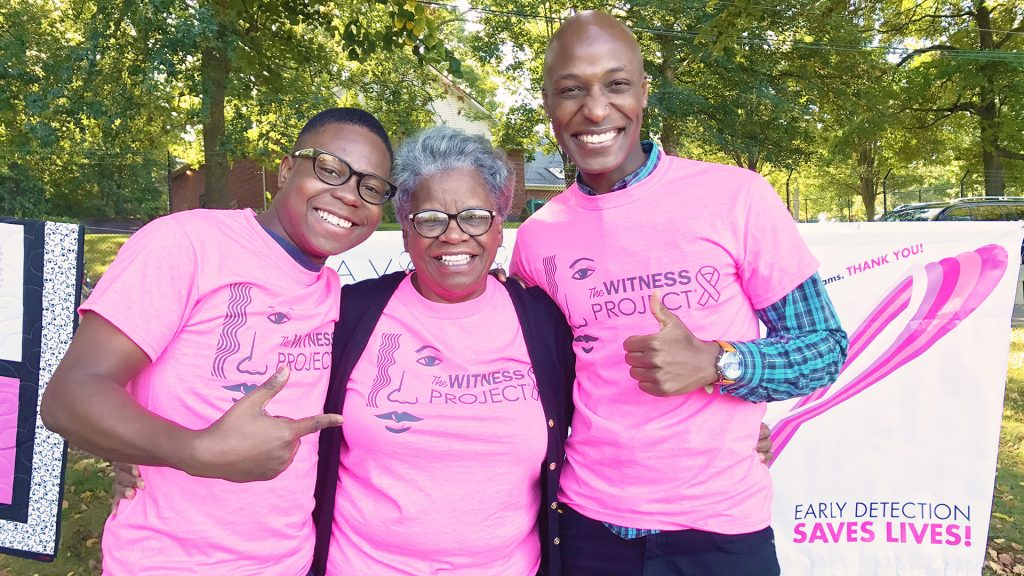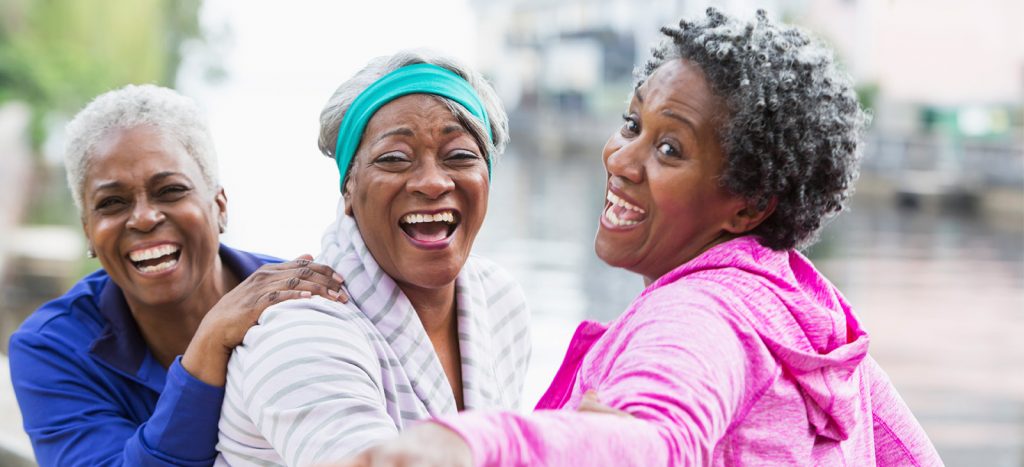Outreach Programs
Home » Outreach Programs
Witness Programs are presented free of charge.
Witness Role Models (WRMs) are African American women who are breast or cervical cancer survivors. They volunteer their time to “witness” about their challenges, triumphs, and their faith-walks – showing by example that a cancer diagnosis is not an automatic death sentence.


Lay Health Advisors (LHAs) are specially trained women who organize, publicize, and present programs, network with the community, and answer questions about cancer screening services and resources. In our programs, LHAs fully explain and promote the importance of preventive health services including mammograms, clinical breast exams (CBEs), pelvic exams, Pap tests, and breast self-exams (BSEs).
LHAs also provide information about local resources and details on mammograms (a specialized breast examination x-ray used to look for cancer). Women can learn about low-cost, and in some cases, no-cost mammograms available in or near their community.
Research at CDC found that although diagnosed at slightly lower rates, the 5-year survival rate for African American women with all stages of breast cancer was 'notably lower' than the rate for white women. Despite outreach efforts, this remains the case nationwwide. Breast cancer is the most commonly diagnosed cancer among black women, and an estimated 30,700 new cases are expected to be diagnosed in 2016. African American women also tend to be diagnosed at a younger age than white women. They are more likely than other racial/ethnic groups to be diagnosed at later stages and have the lowest survival at each stage of diagnosis. African American women are also more likely to be diagnosed with triple negative breast cancer, an aggresive subtype that is linked to poorer survival.
National Center for Health Statistics Centers for Disease Control & Prevention Tweet
Our Navigation Services
Our free of charge navigation services focus on removing barriers so women can gain access to the health services they need. Most often, the women we assist are seeking low- or no cost mammograms and clinical exams including a Pap test, breast exam, and a mammogram prescription. Or, a woman may be insured, but needs help making a mammogram or Pap appointment. We will also drive women lacking transportation to their appointments.
Should a newly diagnosed woman not know what to do, we provide her comfort and try to talk her through making her own decisions about the next step. We may refer her to a cancer survivor volunteer so she can speak with someone who has been through a similar experience and also direct her to a local breast cancer organization that provides services that newly diagnosed women may need.
